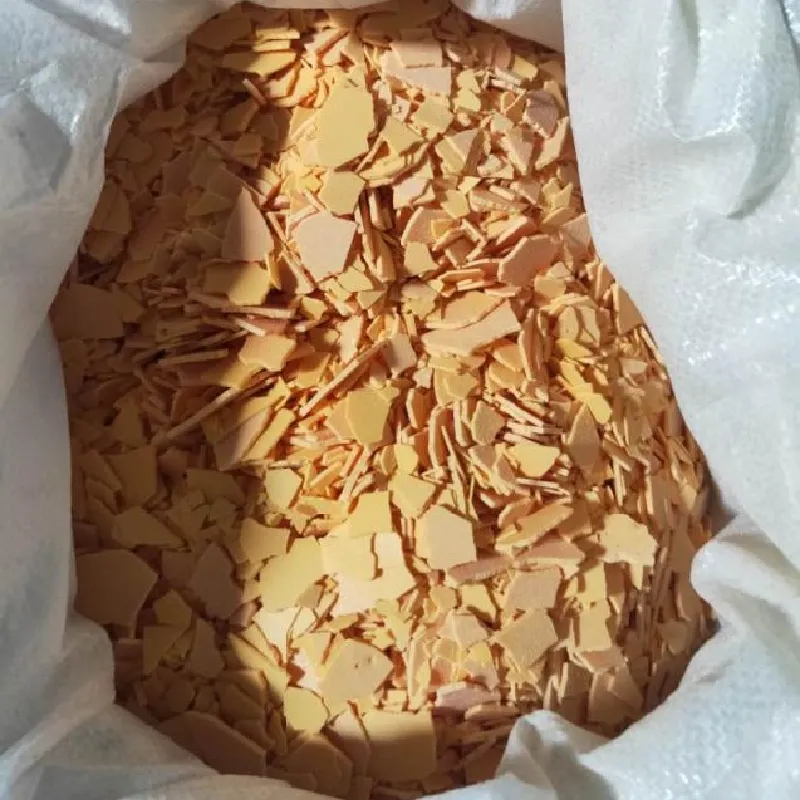
ammonium bicarbonate safe to eat
Is Ammonium Bicarbonate Safe to Eat?
Ammonium bicarbonate, also known as NH4HCO3 or simply ammonia bicarbonate, is a white crystalline powder that serves various purposes in the food industry and beyond. It is widely recognized as a leavening agent, often used in baking, particularly in recipes that require a crisp texture, such as cookies and crackers. But a lingering question for many is is ammonium bicarbonate safe to eat?
What Is Ammonium Bicarbonate?
Ammonium bicarbonate is a chemical compound that is classified as a weak base. It decomposes into ammonia, carbon dioxide, and water upon heating, which produces gas bubbles responsible for leavening baked goods. While it might sound intimidating due to its name, ammonium bicarbonate is generally safe for consumption when used appropriately.
Safety and Regulations
In food products, ammonium bicarbonate is recognized as a Generally Recognized As Safe (GRAS) ingredient by the U.S. Food and Drug Administration (FDA). It is often used in small quantities, typically not exceeding 1% of the total weight of the food product. This concentration is thought to pose no risk to health, provided it is used within acceptable limits.
In addition to its approval by the FDA, ammonium bicarbonate is listed in the European Union's food additive regulation as E503(ii). Like other food additives, its usage is regulated to ensure safety and efficacy, which means that food manufacturers must adhere to specific guidelines regarding its application.
ammonium bicarbonate safe to eat

Potential Health Effects
For the majority of the population, consuming ammonium bicarbonate in moderation is not associated with adverse health effects. However, like many substances, excessive ingestion could lead to some negative outcomes, such as digestive distress. People with pre-existing conditions, particularly those related to liver or kidney function, should exercise caution and consult with a healthcare provider if they have concerns about dietary additives.
One consideration for sensitive individuals is the possible release of ammonia from ammonium bicarbonate, particularly in large quantities or improperly baked goods. While the amount of ammonia released during standard baking is negligible, those who are particularly sensitive may want to monitor their intake.
Culinary Applications
Ammonium bicarbonate is especially favored in recipes requiring a quick rise, as it works rapidly when exposed to heat. It can impart a light and crispy texture, making it ideal for various baked goods. European bakers, particularly in northern countries, frequently use it in traditional recipes for gingerbread and other cookies. In some regions, it is a beloved alternative to baking soda or baking powder, particularly for recipes that are designed to be baked at high temperatures.
Conclusion
In summary, ammonium bicarbonate is deemed safe to eat when used correctly in food preparation. Its approval by health authorities and its long history of use in baking underscore its safety profile. As with any food additive, moderation is key, and awareness of its effects on individual health is essential. For those who enjoy baking, especially cookies and other crisp baked goods, ammonium bicarbonate can be a valuable ingredient that enhances texture and flavor without posing a significant health risk. Always remember to follow recipes and guidelines for use to ensure a delightful and safe culinary experience.
-
Pure Sodium Dichloroisocyanurate Dihydrate | Powerful DisinfectantNewsAug.29,2025
-
Industrial Chemicals: Quality & Purity for Every IndustryNewsAug.28,2025
-
Nitrile Rubber Honoring Strict Production StandardsNewsAug.22,2025
-
Aspartame Ingredients Honoring Food Safety ValuesNewsAug.22,2025
-
Fertilizer for Balanced Plant NutritionNewsAug.22,2025
-
Cyanide Gold Processing with High Purity AdditivesNewsAug.22,2025
-
Formic Acid in Textile Dyeing ApplicationsNewsAug.22,2025
Hebei Tenger Chemical Technology Co., Ltd. focuses on the chemical industry and is committed to the export service of chemical raw materials.
-

view more DiethanolisopropanolamineIn the ever-growing field of chemical solutions, diethanolisopropanolamine (DEIPA) stands out as a versatile and important compound. Due to its unique chemical structure and properties, DEIPA is of interest to various industries including construction, personal care, and agriculture. -

view more TriisopropanolamineTriisopropanolamine (TIPA) alkanol amine substance, is a kind of alcohol amine compound with amino and alcohol hydroxyl, and because of its molecules contains both amino and hydroxyl. -

view more Tetramethyl Thiuram DisulfideTetramethyl thiuram disulfide, also known as TMTD, is a white to light-yellow powder with a distinct sulfur-like odor. It is soluble in organic solvents such as benzene, acetone, and ethyl acetate, making it highly versatile for use in different formulations. TMTD is known for its excellent vulcanization acceleration properties, which makes it a key ingredient in the production of rubber products. Additionally, it acts as an effective fungicide and bactericide, making it valuable in agricultural applications. Its high purity and stability ensure consistent performance, making it a preferred choice for manufacturers across various industries.





